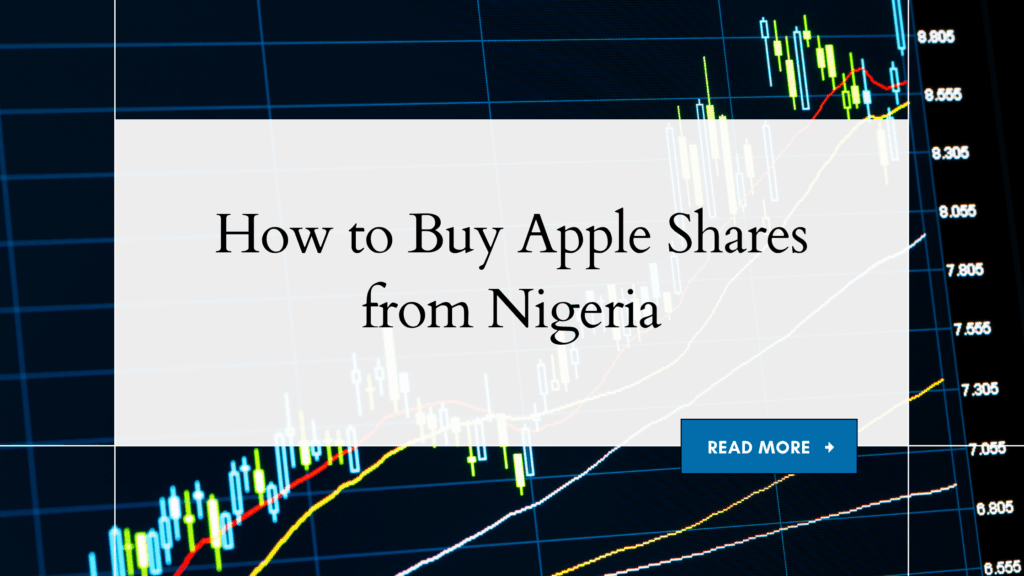Access to credit has become faster and more convenient than ever in Nigeria thanks to the rapid rise of digital lending platforms. Whether you’re a salaried worker, business owner, student, or simply in need of urgent funds, there are now multiple ways to borrow money online without the lengthy paperwork or collateral often required by traditional institutions. This article explores the various options available and what you should keep in mind before taking a loan.
1. Online Loans from Licensed Loan Apps
One of the most popular ways to borrow money online in Nigeria is through mobile lending apps. These platforms offer instant personal loans to individuals using a fully digital process.
Examples include:
-
FairMoney
-
Branch
-
Carbon
-
PalmCredit
-
Aella Credit
Typically, users only need to download the app, create an account, provide their BVN and basic personal details, and grant permission to access phone data. Loans are disbursed instantly, but they often come with higher interest rates and short repayment terms. These apps are convenient for quick, short-term borrowing, but users should always read the terms before committing.
2. Online Loans from Microfinance Banks (Digital MFBs)
Digital microfinance banks also offer personal and business loans online. These banks are licensed and regulated by the Central Bank of Nigeria (CBN) and often integrate lending with savings and current accounts.
Examples include:
Loans are typically based on the user’s transaction history and behavior. With lower interest rates and better structure than many loan apps, digital MFBs are becoming increasingly attractive to individuals and SMEs.
3. Online Loans from Commercial Banks
Several commercial banks in Nigeria now offer instant digital loans through mobile apps, USSD codes, and internet banking portals. These loans are usually available to salary earners and existing customers with steady transaction histories.
Examples include:
These bank loans often come with better interest rates, longer repayment terms, and higher limits compared to app-based lenders. If you’re already banking with one of these institutions, this can be a reliable and cost-effective borrowing option.
4. Peer-to-Peer (P2P) Lending Platforms
P2P lending connects borrowers directly with individual lenders through digital platforms. Unlike banks, these platforms allow for more flexible loan terms but can carry higher risk.
Examples:
Borrowers create profiles, indicate how much they want to borrow, and are matched with potential lenders. The platforms usually serve as intermediaries, handling documentation and repayment processes.
5. Buy Now, Pay Later (BNPL) Services
BNPL services are ideal for individuals looking to purchase products and pay over time, rather than borrowing cash directly. These platforms partner with merchants to let users pay for items in monthly installments.
Examples:
-
CredPal
-
CDcare
-
Carbon Zero
BNPL is commonly used to finance electronics, home appliances, and gadgets. Users are often required to pay an initial deposit and spread the rest over 3 to 6 months.
6. Salary Advance or Employer-Backed Loans
These are short-term loans offered either directly by employers or through fintech platforms that partner with companies. They are ideal for salary earners looking to access a portion of their income before payday or borrow against future earnings.
Examples include:
-
Earnipay
-
SeamlessHR Credit
-
Sycamore Salary Advance
These loans typically come with lower interest rates and are automatically deducted from your monthly salary, making them low-risk for lenders and borrowers alike.
7. Cooperative Lending & Digital Thrift Systems
This model involves borrowing through group savings or cooperative structures, which are now available digitally. It’s especially common in communities and workplaces.
Examples:
-
Esusu
-
AjoMoney
-
Cowrywise Circles
These platforms digitize the traditional ajo/esusu model, allowing members to contribute regularly and take turns accessing the collective funds. It’s a trust-based, low-interest borrowing method.
8. Key Things to Consider Before Borrowing Online
While the options are many, you should be cautious before taking any loan. Always:
-
Confirm the platform is licensed by the CBN or regulated by the SEC.
-
Carefully read the terms of interest rates, repayment schedule, and hidden charges.
-
Be wary of lenders that harass or shame borrowers — this is unethical and often illegal.
-
Avoid taking multiple loans simultaneously from different platforms to prevent a debt trap.










